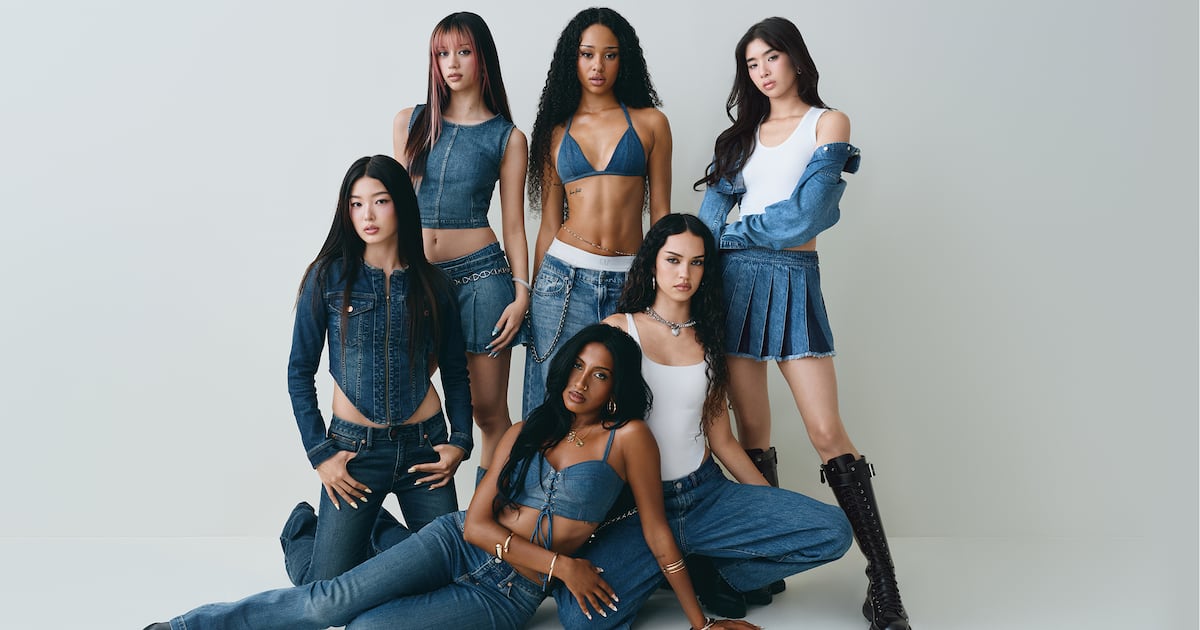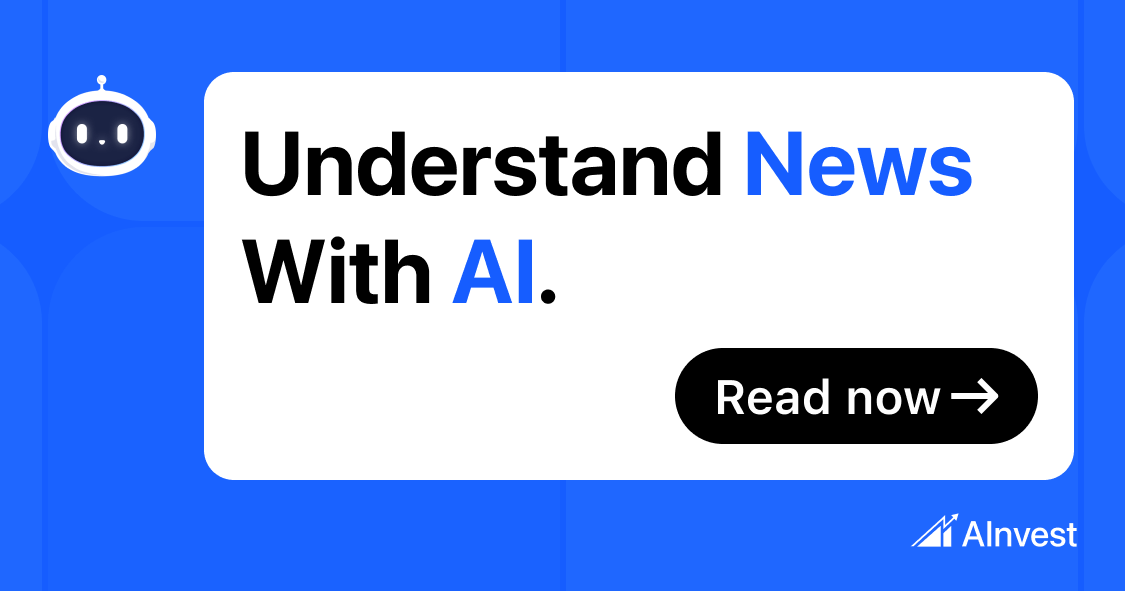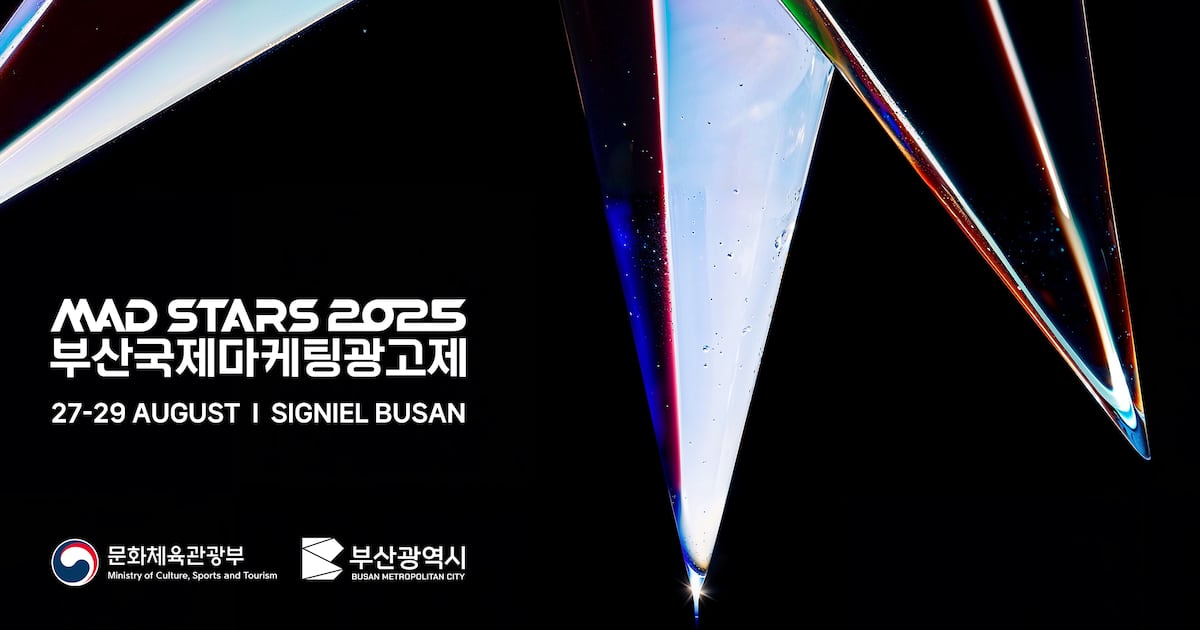AI Revolutionizes Creative Frontiers at Busan Advertising Festival
The 2025 Busan International Marketing Advertising Festival (MadStar) captivated audiences with a forward-looking theme: the integration of artificial intelligence (AI) in creative advertising. Held in South Korea’s vibrant port city of Busan, the event brought together a global assembly of marketing professionals, tech innovators, and creative thinkers.
This year’s festival emphasized how AI is redefining the boundaries of creativity and marketing. Experts from around the world convened to explore the transformative role of AI in advertising campaigns, brand storytelling, and consumer engagement.
Global Participation and Thought Leadership
MadStar 2025 attracted participants from over 30 countries, highlighting its growing reputation as a global hub for marketing innovation. Speakers included advertising executives, AI researchers, and trend forecasters who shared insights on the convergence of technology and creativity.
One of the keynote addresses came from Dr. Elena Park, a leading AI researcher based in Silicon Valley. She emphasized how machine learning algorithms now assist creatives in developing hyper-personalized campaigns. “AI is no longer a back-end tool; it’s becoming a co-creator,” she noted.
Brands like Samsung, Coca-Cola, and Netflix presented case studies showcasing how AI-powered tools had helped them streamline content production, forecast consumer behavior, and elevate user experiences.
Breakthrough Campaigns and AI Collaborations
Among the most talked-about segments were the AI-assisted advertising campaigns nominated for the MadStar Awards. These campaigns demonstrated how AI can enhance, rather than replace, human creativity.
One standout example was a campaign by a South Korean skincare brand that used generative AI to produce real-time product visuals based on user-generated content. The campaign saw a 40% increase in engagement and earned praise for its innovative use of technology.
Another highlight involved a collaborative project between a European marketing agency and an AI design studio. Their campaign used natural language processing to adapt advertising messages based on regional dialects and consumer sentiment, significantly boosting conversion rates.
Workshops and AI Demos Engage Attendees
MadStar 2025 also featured hands-on workshops and live demonstrations to showcase the practical applications of AI in the creative process. Attendees had the opportunity to interact with AI-powered design tools, voice synthesis platforms, and data-driven content optimization software.
“These tools are not just about efficiency,” said festival organizer Min-Jae Lee. “They’re about empowering creatives to think beyond traditional limits.” He added that AI can handle repetitive or data-heavy tasks, freeing up human creators to focus on conceptual and emotional storytelling.
Ethical Conversations Surrounding AI Use
Despite the excitement, discussions around ethical considerations and creative authenticity were also prevalent. Some panelists raised concerns about algorithmic bias, data privacy, and the potential loss of human touch in AI-generated content.
In response, several speakers emphasized the importance of transparency and collaboration. “AI should be seen as a partner, not a replacement,” said advertising veteran Hiroshi Tanaka. He called for industry standards to guide responsible AI integration.
Workshops also addressed the need for ethical frameworks, with several sessions dedicated to educating creatives on how to use AI responsibly in brand communications.
Looking Ahead: The Future of AI in Creativity
The 2025 Busan International Marketing Advertising Festival concluded with a call to action for the global marketing community: embrace AI as a tool for innovation, but remain rooted in human values and storytelling.
As AI tools become more accessible and sophisticated, their role in shaping the future of advertising is undeniable. Still, the festival underscored that the heart of creativity lies in human imagination, emotion, and cultural insight.
“Technology should amplify our creative voices, not silence them,” said festival chairperson Eun-Young Kim in her closing remarks. “The future of advertising is both high-tech and deeply human.”
This article is inspired by content from Original Source. It has been rephrased for originality. Images are credited to the original source.











